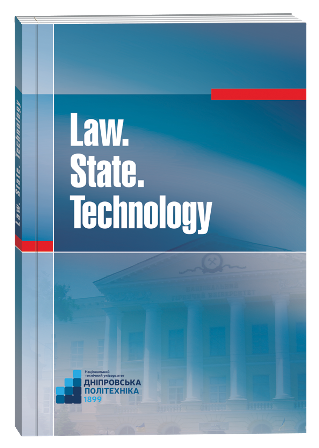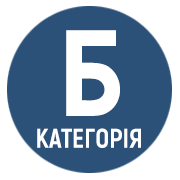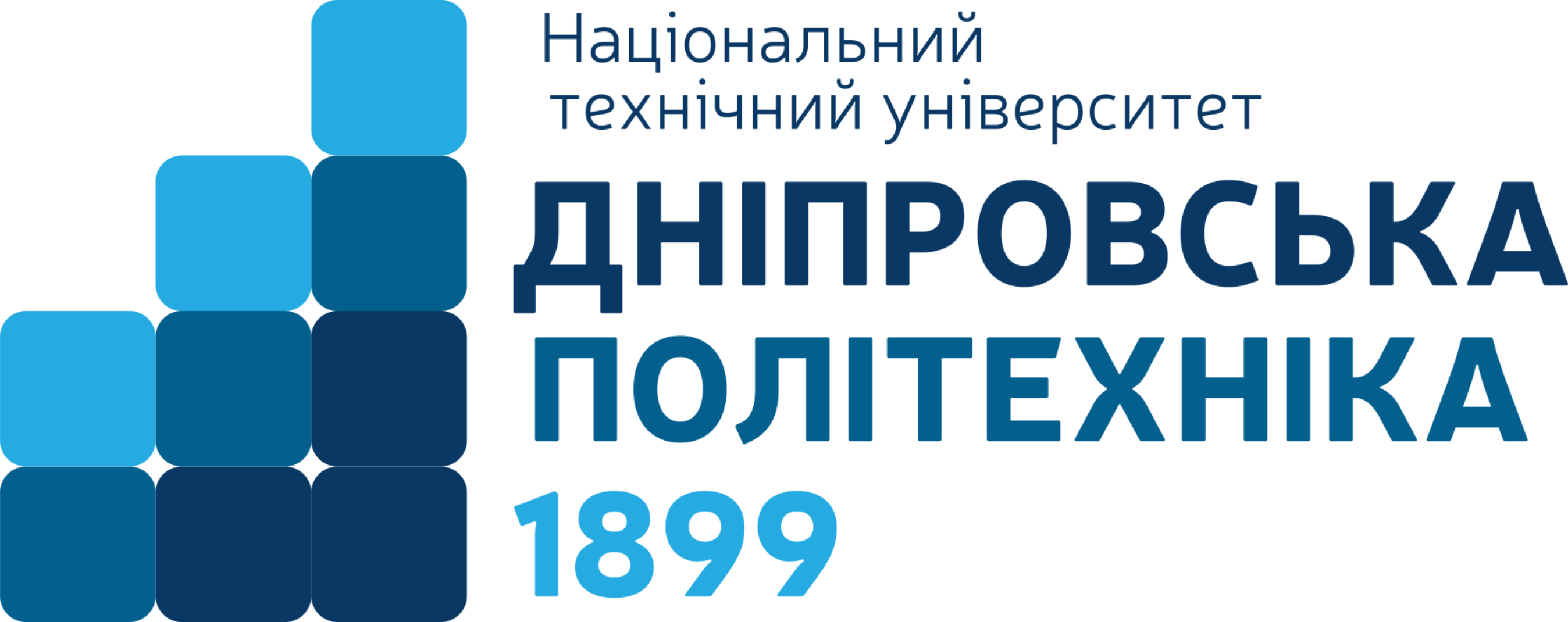ORGANIZATIONAL AND LEGAL ASPECTS OF CREATION OF SPECIAL ANTI-CORRUPTION INSTITUTIONS: COMPARATIVE AND LEGAL RESEARCH
DOI:
https://doi.org/10.32782/LST/2021-3-14Keywords:
corruption, organizational and legal principles, international experience, National Agency for Prevention of Corruption, anti-corruption institutions.Abstract
The article is devoted to the administrative and legal characteristics of organizational and legal aspects of the creation of special anti-corruption institutions: a comparative legal study. The authors note that the accumulation of efforts of various states to combat corruption occurs through the signing of multilateral international agreements. One of the ways to combat corruption in world practice is to create special anti-corruption institutions, whose activities are aimed at both active countermeasures and the prevention of corruption and any of its manifestations. This idea, enshrined in Art. 36 of the United Nations Convention and Art. 20 of the Criminal Law Convention on Corruption. Choosing a specific model of organization of anti-corruption bodies, the domestic legislator decided to create an extensive system of individual public authorities, delimiting their powers. The National Agency for the Prevention of Corruption occupies a central place in the system of specialized anti-corruption bodies in Ukraine. The National Agency for the Prevention of Corruption in Ukraine was established as a multi-purpose public authority to implement an integrated approach and concentrate all the main anti-corruption functions within a single institution. An analysis of international experience shows that there are a number of countries that have extensive experience in the operation of state specialized anti-corruption bodies. Such states include the Republic of Korea, Singapore, India and others. It is concluded that the study of international experience provides an opportunity to analyze and improve national legislation. In addition, blind extrapolation of international regulations should not be allowed, without taking into account the mental and historical features of the formation and development of society of a state. Ukraine now has a fairly broad system of anti-corruption institutions, a key one being the National Agency for the Prevention of Corruption. However, the results of the effectiveness of this public authority are ambiguous and therefore require a review of the powers and limitation of illegal interference in its activities by the executive and the judiciary.
References
Borisov A., Goldman E., Gupta N. The corporate value of (corrupt) lobbying. The Review of Financial Studies. 2016. Vol. 29. № 4. P. 1039–1071. 2. Bondarenko O., Reznik O., Yevgen G., Andriichenko N. Participation of Ukraine in International Cooperation against Corruption. Amazonia Investiga. 2020. № 9(29). P. 407–416.
Novikov O.V. World experience of functioning of specialized anti-corruption bodies. Efficiency of public administration. 2015. № 43. P. 52–57. 4. Конвенція Організації Об’єднаних Націй проти корупції від 31 жовт. 2003 р. Верховна Рада України : офіційний вебсайт. URL: http://zakon3.rada.gov.ua/laws/show/995_c16 (дата звернення: 16.07.2021).
Criminal Law Convention on Corruption on 27 January 1999. URL: https://rm.coe.int/168007f3f5 (data of appeal: 26.07.2021).
Lapkin A.V. Specialized anti-corruption prosecutor's office in the mechanism of realization of the state anti-corruption policy. URL: http://elar.naiau.kiev.ua/bitstream (data of appeal: 25.07.2021).
Шинкаренко Н.В. Національне антикорупційне бюро України як суб’єкт запобігання корупції. Прикарпатський юридичний вісник. 2016. Вип. 2. С. 74–77.
Дульський О. Боротьба з корупцією – бути чи не бути? Вісник Академії управління МВС. 2010. № 2(14). С. 6–13.
Созанський Т.І., Луцик В.В. Повноваження Національного агентства з питань запобігання корупції. Науковий вісник Львівського державного університету внутрішніх справ. 2018. № 1. С. 302–314.
Волик В.С. Нормативно-правові засади компетенцій Національного агентства з питань запобігання корупції. Демократичне врядування. 2016. Вип. 16–17. URL: http://nbuv.gov.ua/UJRN/ DeVr_2016_16-17_8 (дата звернення: 26.07.2021).
Поляков М.М. Специализированные антикоррупционные органы государственной власти и должностные лица в России и зарубежных странах. Вестник Университета им. И.О. Кутифина. 2019. № 6. С. 158–164.
Ковальчук І. Порівняльно-правова характеристика національних та зарубіжних антикорупційних органів. Підприємтво, господарство і право. 2019. № 6. С. 163–168. DOI: https://doi.org/10.32849/2663- 5313/2019.6.29.
Спеціалізовані інституції з боротьби проти корупції: огляд моделей. Official website of The Organisation for EconomicCooperation and Development : веб-сайт. URL: http:// www.oecd.org/dataoecd/7/51/39972270. pdf (дата звернення: 21.06.2021).
Ахтирська Н. Міжнародний досвід боротьби з корупцією як вектор формування національної антикорупційної політики: огляд законодавства Румунії. Віче. 2015. № 18. С. 2–5.








